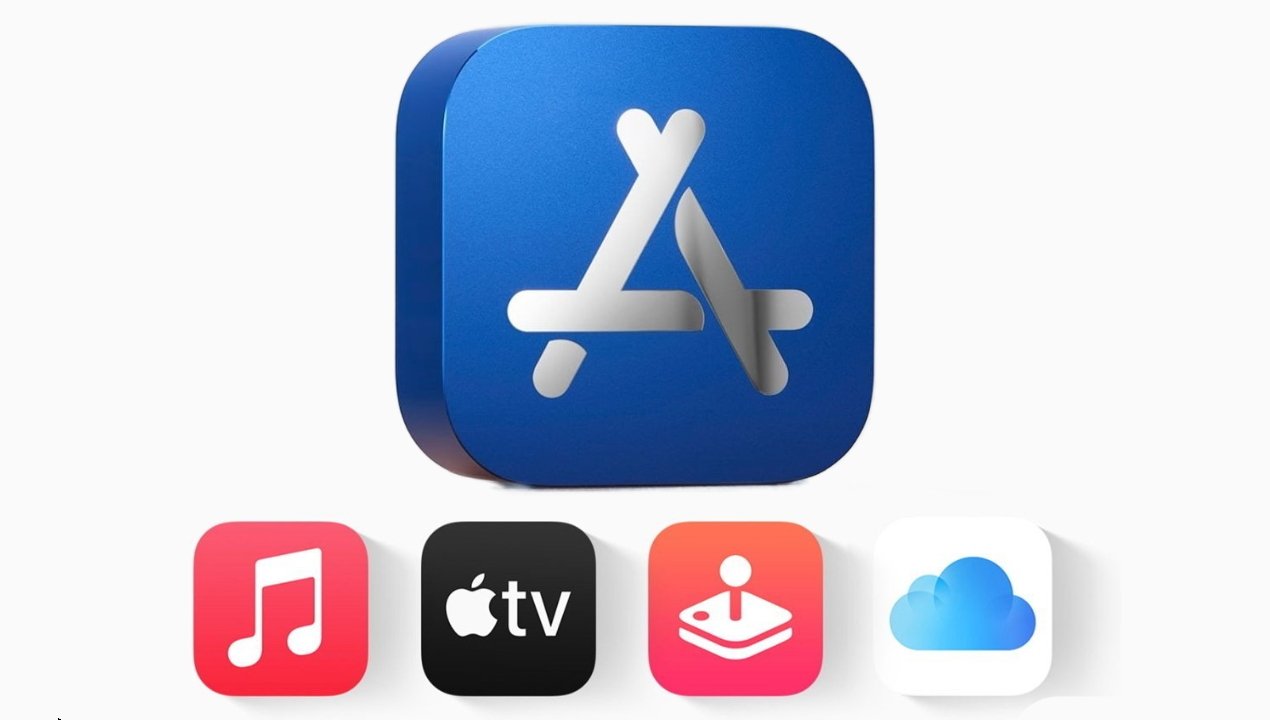Apple’s iPhone 16 series is set to re-enter the Indonesian market on April 11, 2025, after the company committed to a substantial investment exceeding $300 million in the country. This development marks the resolution of a sales ban imposed by the Indonesian government due to Apple’s previous non-compliance with local content regulations.
Background of the Sales Ban
In October 2024, Indonesia enforced a ban on the sale of Apple’s iPhone 16 series. The prohibition stemmed from Apple’s failure to meet the nation’s local content requirements, which mandate that a certain percentage of components be sourced domestically. This policy aims to bolster Indonesia’s local manufacturing sector and stimulate economic growth.
Apple’s Initial Investment and Subsequent Ban
Prior to the ban, Apple had invested approximately $109 million in developer academies across Indonesia and pledged an additional $10 million towards manufacturing initiatives. However, the Indonesian government contended that Apple fell short of its commitments, particularly in the developer academy investments, leading to the enforcement of the sales ban.
Negotiations and Increased Investment
In response to the ban, Apple proposed a significant increase in its investment, offering nearly $100 million over two years to establish manufacturing facilities in Indonesia. Despite this proposal, the Indonesian government sought a more substantial commitment, aiming for an investment closer to $1 billion over a decade.
Final Agreement and Investment Details
After extensive negotiations, Apple and the Indonesian government reached an agreement involving an investment exceeding $300 million. This investment encompasses the construction of component manufacturing plants and a research and development center. Notably, Apple supplier Luxshare Precision Industry plans to establish a $150 million factory on Batam Island to produce AirTag tracking devices, marking Apple’s first manufacturing presence in Indonesia.
Regulatory Compliance and Market Re-entry
Following the agreement, Indonesia’s Ministry of Communications issued telecommunications permits for five iPhone 16 models, including the iPhone 16e, iPhone 16, iPhone 16 Plus, iPhone 16 Pro, and iPhone 16 Pro Max. Additionally, Apple received local content certificates for 20 of its products, signifying compliance with Indonesia’s local content regulations. With these approvals, Apple is set to resume sales of the iPhone 16 series in Indonesia starting April 11, 2025.
Implications for Apple’s Market Strategy
Indonesia, with a population of approximately 280 million people, represents a significant market for Apple. The resolution of the sales ban and the substantial investment underscore Apple’s commitment to expanding its presence in Southeast Asia. This move aligns with Apple’s broader strategy to diversify its manufacturing and market base amid global geopolitical tensions and trade policy shifts.
Conclusion
The lifting of the iPhone 16 sales ban in Indonesia, facilitated by Apple’s $300 million investment, highlights the company’s dedication to adhering to local regulations and fostering economic partnerships. As Apple reintroduces its latest iPhone series to the Indonesian market, it sets the stage for enhanced consumer engagement and growth in the region.



